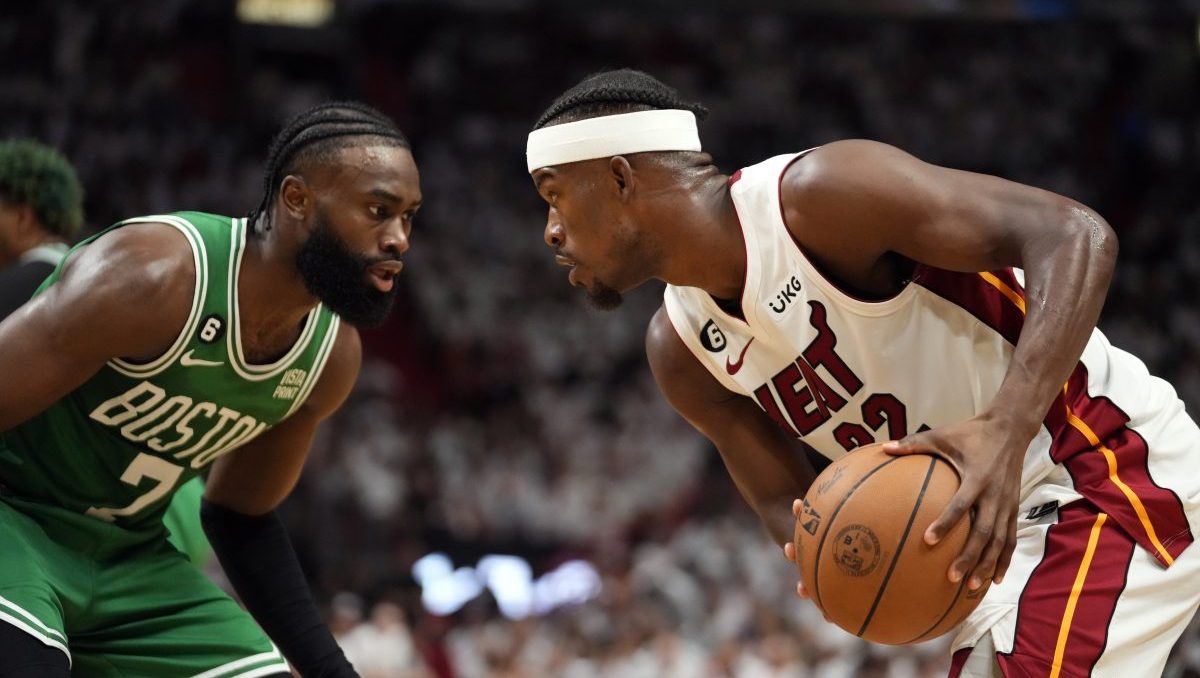Cheerleaders and coaches at a North Texas university see both sides of the debate over a U.S. district judge's ruling that cheerleading is not a sport.
District Judge Stefan Underhill ruled Wednesday that colleges cannot use cheerleading as an official sport to meet gender-equity requirements.
A Connecticut university had argued that its cheerleading squad helped it stay in compliance with Title IX, the 1972 federal law that mandates equal opportunities for men and women in education and athletics. Several volleyball players and their coach had sued Quinnipiac University after it announced it would eliminate the team and replace it with a competitive cheer squad.
Jessica Bollum, a cheerleader at the University of Texas at Arlington, said she defines "sport" as an athletic activity.
"Not only are we in the gym stunting and tumbling, but we're also going up to the weight room, and so we're lifting weights, so we're just putting in a lot of hard work," she said. "It takes a lot of stamina, a lot of dedication, and so I absolutely see it as a sport with everything that it entails to go to these competitions and perform what we do perform."
But her assistant coach had a different take.
"Technically speaking, cheerleading is not a sport because we are not solely based on competition," Adam Diaz said. "Yes, we compete. Obviously, they're athletic. But at the same right, we cheer at games. We make appearances. There's a lot of special stuff that comes in on the side."
Sports Connection
Connecting you to your favorite North Texas sports teams as well as sports news around the globe.
An activity can be considered a sport under Title IX if it meets specific criteria. It must have coaches, practices, competitions during a defined season and a governing organization. The activity also must have competition as its primary goal -- not merely the support of other athletic teams.
In his ruling, the judge didn't rule the possibility that cheerleading could qualify as a collegiate sport under Title IX in the future.
"Today, however, the activity is still too underdeveloped and disorganized to be treated as offering genuine varsity athletic participation opportunities for students," he wrote.
Bollum, a fifth-year cheerleader, said people need to realize that her squad doesn't just cheer on the sidelines.
"We do have a lot more talent," she said. "We have a lot more skill. A bunch of us have background in gymnastics and a bunch of other sports."
Texas does not define cheerleading as a sport. Some colleges include it in their athletics department, while others, such as UTA, don't.
"We still are going to go to practices," Bollum said. "We're still going to go to the games. We're still going to go to our competitions, but as long as they continue to allow us to do that, I don't see it as a problem being called a sport or not as a sport."
College cheerleading squads from the region are attending a National Cheerleading Association camp and competition this weekend at Southern Methodist University.
The National Cheerleading Association is one of two private organizations with ties to Varsity Brands Inc., which makes cheerleading apparel and runs camps, that puts on competitive cheerleading championships.
Quinnipiac and seven other schools recently formed a governing body, the National Competitive Stunts and Tumbling Association, to govern and develop competitive cheer as a college sport.
The Associated Press' Pat Eaton-Robb contributed to this report.
Previous Coverage:



